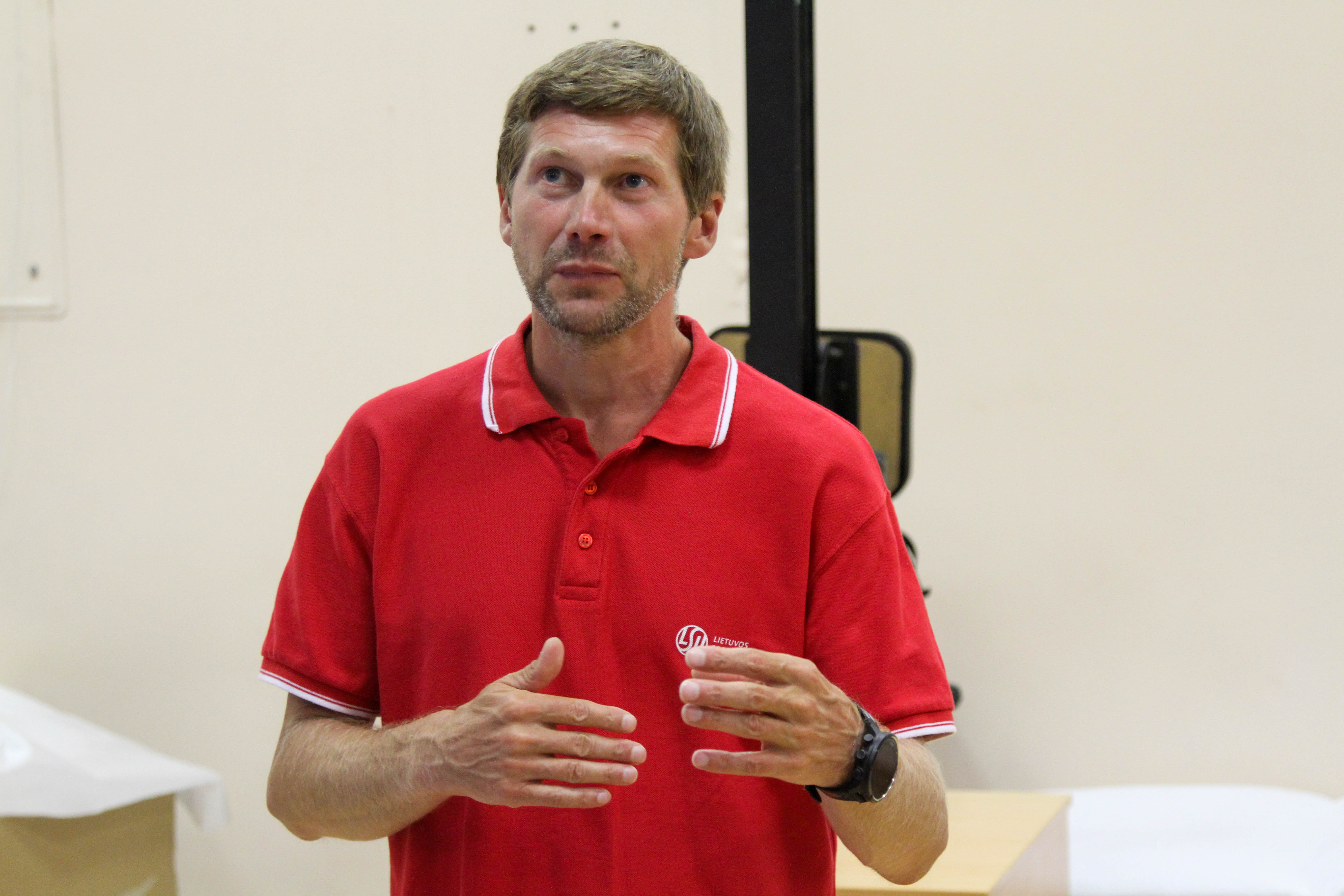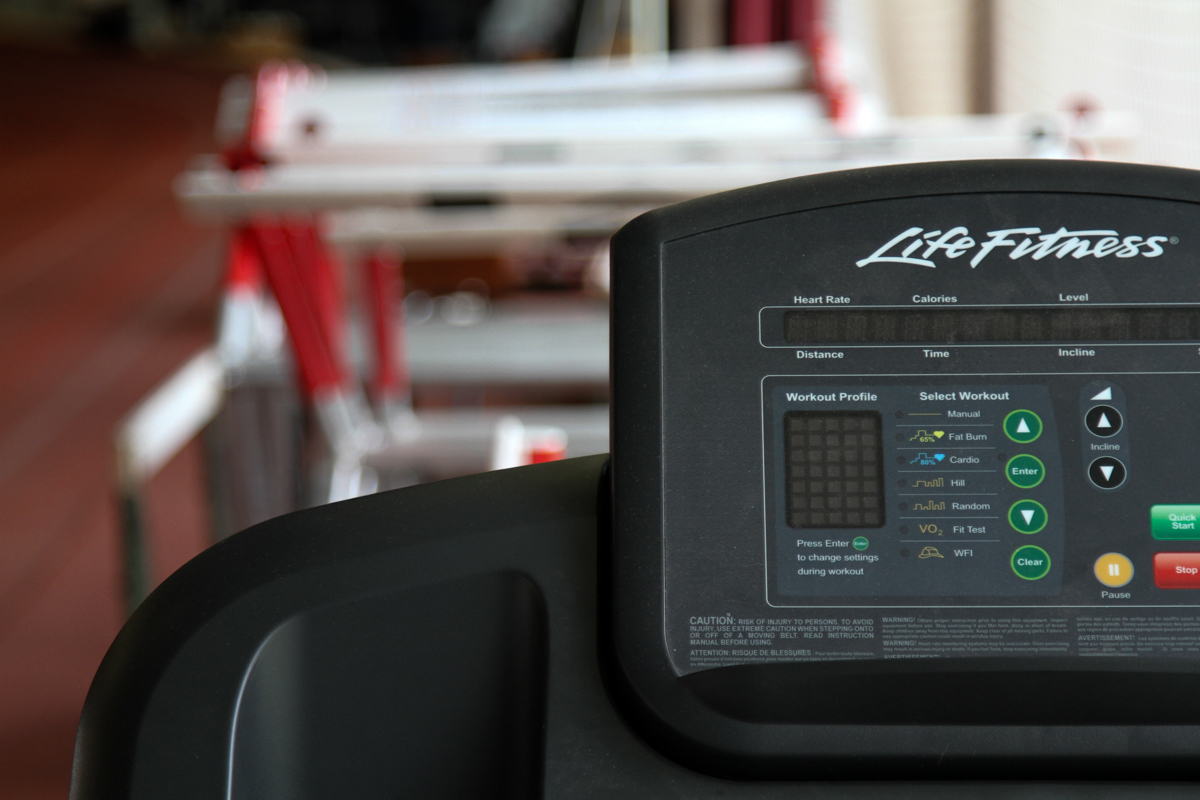On the 1st of October last year, Aidas Ardzijauskas started a virtual run around the world and is now on the 320th day of his journey.
The runner has already run 22 thousand kilometres in Lithuania and has just less than a third of the distance – 8 thousand kilometres – left to the final goal.
A. Ardzijauskas, who visited Lithuanian Sports University (LSU), assured that sofar,he has not dropped the plan to run around the world.
“Everyone is trying to count the number of days left before I finish this race, but I do not count them, as I am trying to avoid subconscious framing of myself. I do not even think about it. The most important thing for me is the present. I must do my best, survive each day, and run the maximum number of kilometres so that I do not have to regret it later. Every day, I run within the limits of my body,” said A. Ardzijauskas.
Although A. Ardzijauskas had to abandon the original plan to actually run around the world due to the coronavirus pandemic, now the runner is using a mobile app to record the statistics.
All this information is then transferred to an interactive itinerary – a world map showing the supposed location of the runner.
The fact that A. Ardzijauskas takes a similar route in the vicinity of Vilnius every day does not cause any inconveniences. On the contrary, it has a positive side as it gives Aidas the opportunity to enjoy Lithuanian nature.
“It all depends on the attitude,” said A. Ardzijauskas. “I do not think of it as a routine. I just try to enjoy being in nature for as long as possible and observe it. It helps to relax and forget about counting the kilometres.”
The LSU scientists have no doubts that it would be very difficult to find an individual showing a similar result as A. Ardzijauskas on our planet. Therefore, observation of the Lithuanian runner will serve the sports science in the future.
“This is an absolutely unique case in the history of mankind and sport as well as in the world of wildlife. Humans, animals or other organisms have never been able to perform anything like this,” said Tomas Venckūnas, LSU Professor who supervises A. Ardzijauskas.
“There is a huge load on the whole body, including digestive, thermoregulatory and other systems, joints, maybe even the heart,” said the sports scientist. “We are monitoring and recording the data, but we do not want to draw any conclusions in advance. The last stages can be the most difficult, fatigue can build up. There may be changes in bone tissues and other things that are not necessarily negative or positive. Some of them are unique and specific.”




